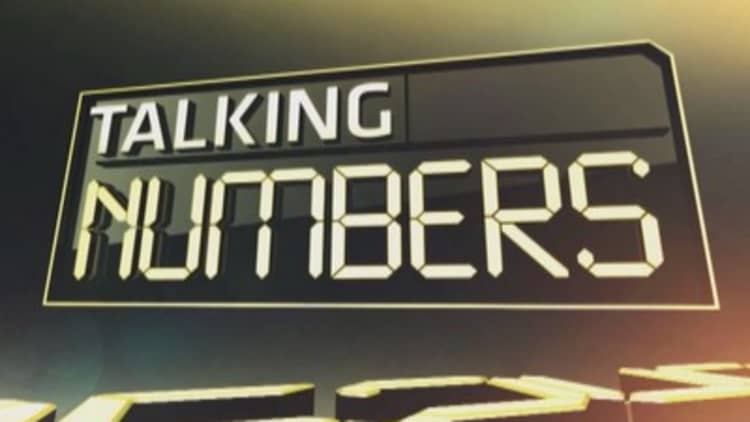
Over the weekend, some 1,300 fast food workers convened in Chicago. Financed by the Service Employees International Union (SEIU), the workers are pushing for $15-an-hour pay and to build up union membership.
But were the protesters to get their wish – at least on the minimum wage part – it wouldn't necessarily hurt McDonald's drastically, according to one top analyst who covers the company. To be sure, though, it would have some impact on both the bottom line and prices.
"The question is how much does McDonald's absorb versus how much gets passed to consumers," said R.J. Hottovy, senior retail and restaurant analyst at Morningstar, to "Talking Numbers." "They can absorb it. The reason is that they're taking a percentage of revenue from franchisees, not the after-labor costs."
In fact, a few months ago, Hottovy analyzed what a $15-per-hour minimum wage would do to McDonald's. At the time, he wrote:
"Obviously, the impact to restaurant operators would depend on the actual wage increase itself, but the quick-service restaurant chains would be at least somewhat protected because any increases would largely be absorbed by the franchisees since royalties are based on gross sales, not operating income (which is similar to what happens when food costs rise)."
A boost of the minimum wage to $15 per hour (the federal minimum wage is $7.25 per hour) would affect McDonald's in that it raises costs for its company-owned location. McDonald's currently owns about 10 percent of its 14,290 locations in the United States.
(Read: )
According to Hottovy's note, "there could be some indirect impact such as price increases, modifications to dollar menu offerings, and staffing changes,"
Surprisingly, according to Hottovy, a doubling of the minimum wage would pose only a "benign" hit to McDonald's on the corporate level.
Assuming the worst-case scenario of a doubling of the national minimum wage to $15 per hour, Hottovy estimates that McDonald's would incur an additional $300 to $400 million of wages at its U.S. company owned locations. That would translate into about $0.25 or in annual earnings per share.
"Obviously, this would be significant, but not catastrophic," Hottovy wrote.
According to Gina Sanchez, founder of Chantico Global, McDonald's has a problem besides its costs: its declining same-store sales.
"That has been a trend across the industry, but McDonald's has been feeling it a little more," said Sanchez, a CNBC contributor. "In spite of what happens with costs, McDonald's is already running uphill in order to maintain their valuation."
(Read: )
Richard Ross, global technical strategist at Auerbach Grayson, there's one more thing McDonald's has to worry about and that's its stock chart.
"This is a bad chart in a bad group in a bad sector," said Ross, looking at a one-year chart of McDonald's. "The group I'm referring to is the restaurant group, which is underperforming on a year-to-day basis, and the sector is that consumer discretionary sector. Of the major S&P sectors, it's the only one of the ten sectors which is down on a year-to-day basis, and clearly, this chart reflects that trend."
In recent weeks, McDonald's shares broke below an upward-sloping trend line begun in February, according to Ross' chart. It then broke below resistance just below $100 per share and its 200-day moving average.
"All of that spells further downside from here," said Ross. "I think this stock can trade $92."
In early February, McDonald's traded around $92, forming a support level. Ross thinks that could be the stock's downward target if it breaks below one more key level.
"Watch the $95.50 level," said Ross, a "Talking Numbers" contributor. "That's the 150-week moving average. We haven't had a weekly close below the 150-week moving average in 11 years. Clearly, a break below that level… would be very, very bad on both the short and the longer term basis, and could set us up for even further downside than that $92 that you see up on the screen."
To see the full discussion on McDonald's, with Sanchez on the fundamentals and Ross on the technicals, watch the above video.
-----
Follow us on Twitter: @CNBCNumbers
Like us on Facebook: facebook.com/CNBCNumbers


